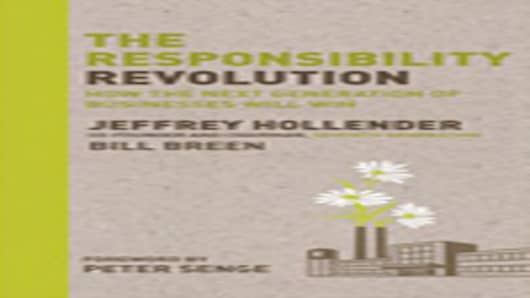I recently finished reading The Responsibility Revolution by Jeffrey Hollender the CEO of Seventh Generation and Bill Breen.
While the book lays down the business case of sustainable and responsible companies succinctly, it also gives key pointers on the way leadership is set to change in the coming years. Both as an employee and an influencer, one key aspect he emphasized hit home with me.
We all work as members of distinct hierarchies at work and while some companies enforce it strictly, there are outliers that don’t emphasize it quite as diligently. Some leadership experts say it is these outliers that remain the innovators and leaders of change in the marketplace. However, it isn't just because of the de-emphasis on following protocol; it is also about following certain unwritten tactics. For most of us, ideas stay ideas unless they grab the attention of senior management and escape the long path from creation to implementation.
But what if we took the opposite approach?
If you believe in the idea enough to present it to the board, for example, you probably are confident of its ultimate success, even if the initial task of convincing senior management might not be as simple. Would you risk going under the radar to see if it works before proposing it to your boss? Mr. Hollender puts this question to test with the example of WorldofGood.com calling it "Permission Not Required." This is basically what it comes down to: If you believe completely in the impact of your idea, you might stand to gain more than lose by going under the radar and putting it into action before hitting senior management with it.



